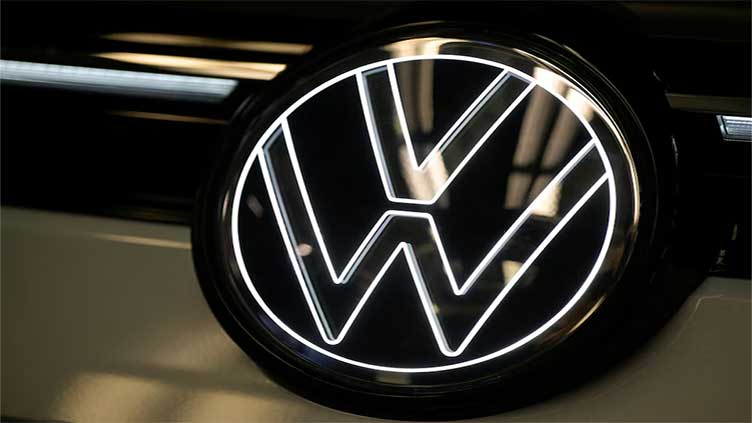Volkswagen may close Brussels factory as low EV demand hits Audi

Business
Volkswagen has not shut down a plant since it closed the Westmoreland site in Alabama in 1988
BERLIN (Reuters) – Volkswagen on Tuesday warned it may close the Brussels site of its luxury brand Audi due to a sharp drop in demand for high-end electric cars that has hit Europe's top carmaker, forcing it to cut its margin target for the current year.
Volkswagen has not shut down a plant since it closed the Westmoreland site in Alabama in 1988, and the last VW brand chief to threaten closures in Europe stepped down months after doing so, according to a labour source.
Automakers have been hit hard by lower than expected EV demand after investing heavily in capacity and technology development, with Audi warning earlier this year its sales would dip in 2024 as it worked on introducing new models while also cutting costs.
Volkswagen said the costs of finding an alternative use for the Brussels plant or closing it, as well as other unplanned expenses, would have an impact totalling up to 2.6 billion euros ($2.8 billion) in the 2024 financial year.
It lowered its forecast for operating returns to 6.5-7% from 7-7.5%, prompting parent company Porsche SE, which owns just under a third of Volkswagen AG but holds most of the voting rights, to lower its earnings forecast to 3.5 billion to 5.5 billion euros.
Frankfurt-listed shares in Volkswagen and Porsche SE were down 1.7% and 2.1%, respectively, following the news.
Demand for Audi's Q8 e-tron, launched in 2018, had dropped sharply and the carmaker was considering ending its production altogether, with one source close to the company saying this could happen in 2025.
LONG-STANDING CHALLENGES
The Brussels site, which built around 50,000 cars last year, also faced "long-standing structural challenges" including difficulty in changing its layout due to proximity to the city and high logistics costs.
A consultation process would now begin to find alternative solutions for the plant, which employs around 3000 people. "This may include ceasing operations if no alternative is found," Audi's statement said.
Volkswagen's first quarter operating profits were down 20%, in part hampered by delivery delays at Audi, after the Brussels plant closed for two weeks because of component shortages in February.
A spokesperson said at the time that Audi was assessing options for what could be produced at the plant.
"The employee representatives of Audi AG are calling for a future-proof perspective for the plant and our colleagues in Brussels. The Audi management must take responsibility for the site," Rita Beck, spokeswoman for the Audi Committee in the European VW Group Works Council, said.
Other unplanned expenses weighing on the Volkswagen Group included exchange rate losses because of the deconsolidation of Volkswagen Bank Rus in its financial services division, and the planned closure of the gas turbine business of subsidiary MAN Energy Solutions.


